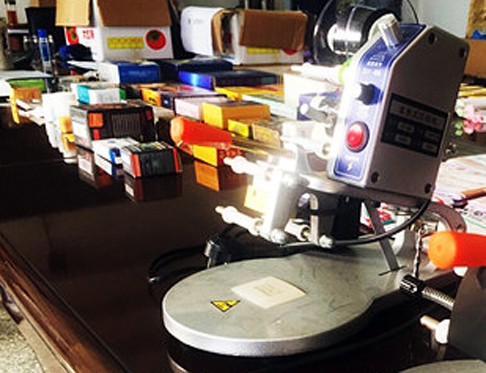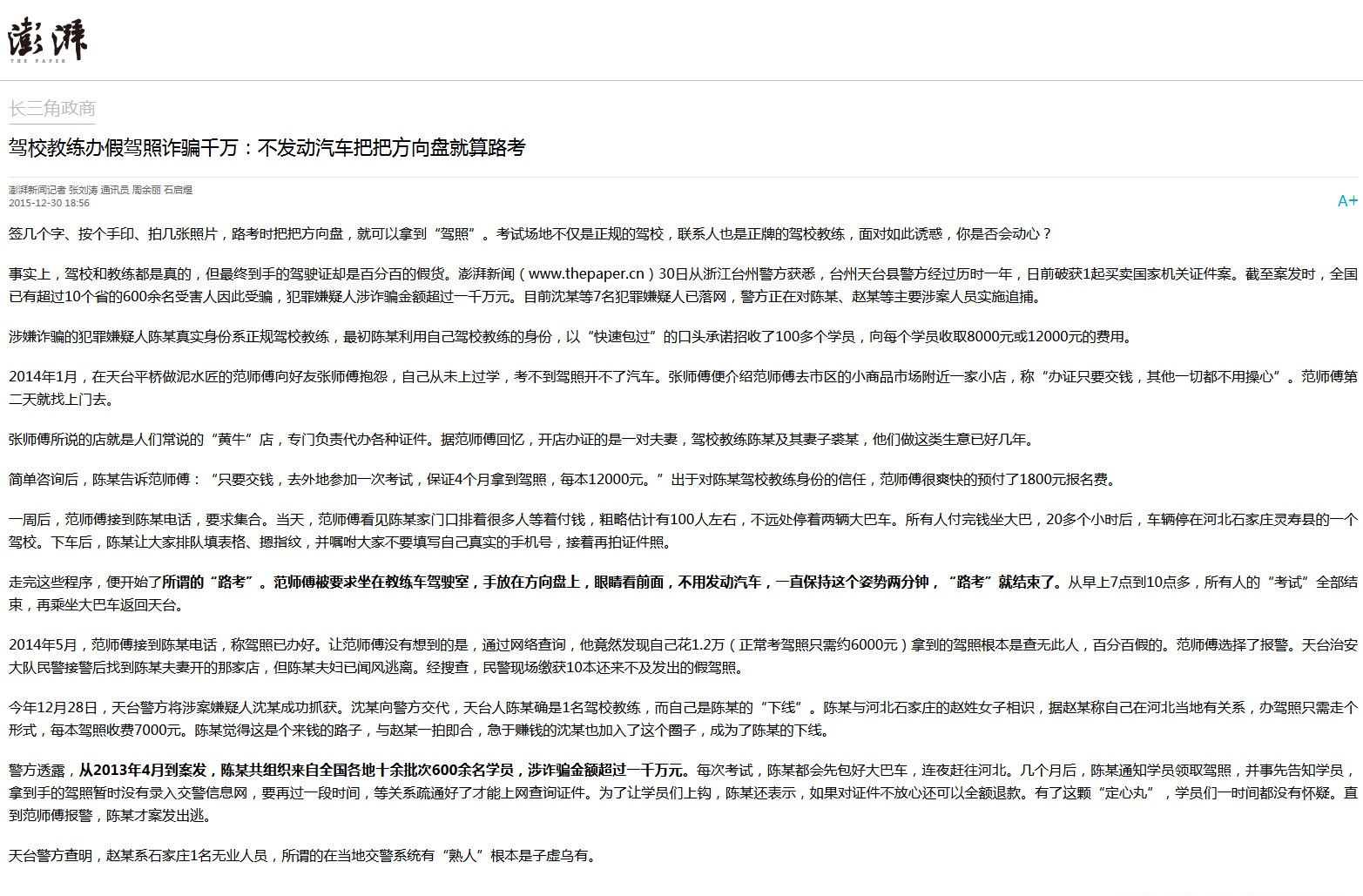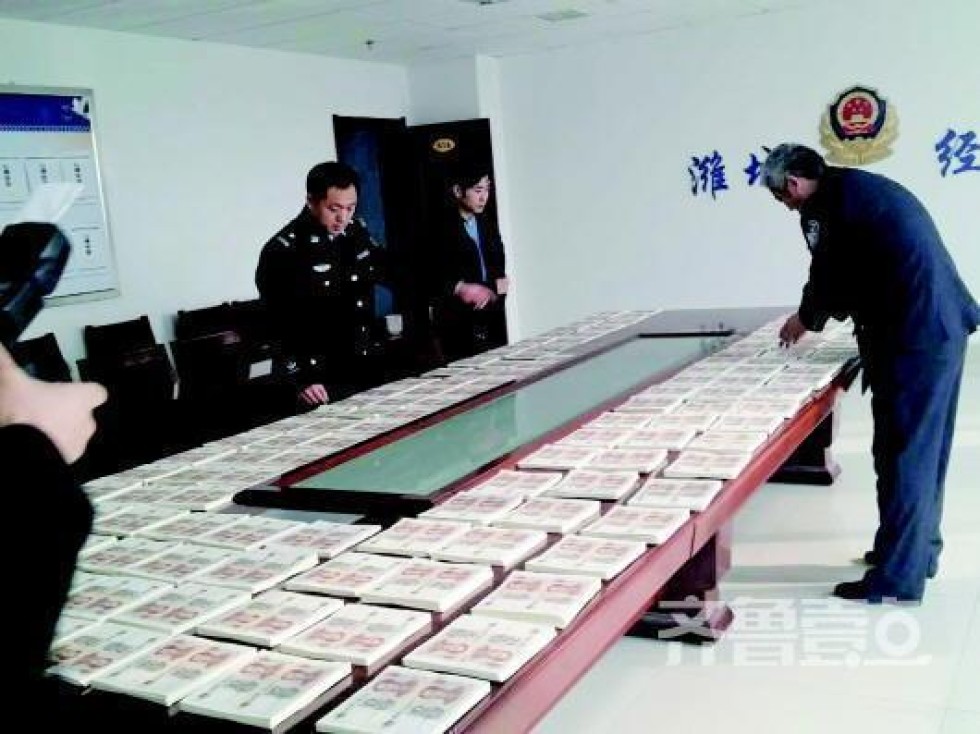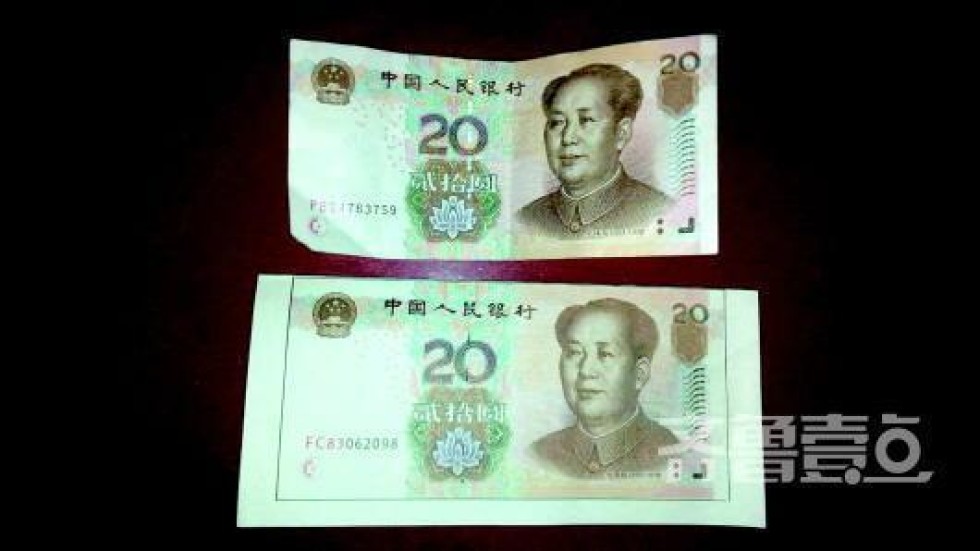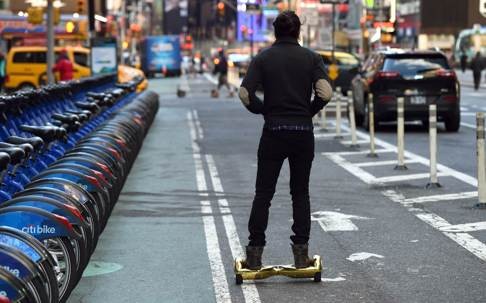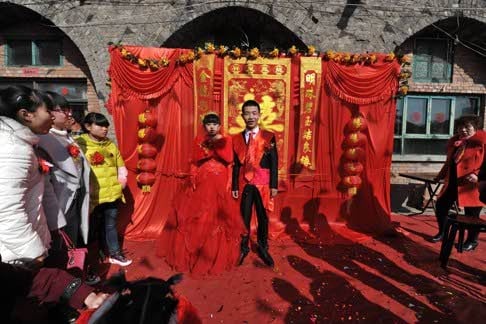Shenzhen Longgang district police recently caught a criminal ring running two fake online Huawei stores. 26 suspects were arrested this past Saturday in a police raid in Hubei. Police found that that criminals had made more than 20 million Yuan from sales on the fake sites.
On October 27, the Longgang Public Security Bureau received a report from Huawei that a company had been creating fake versions of its website to sell Huawei phones online. When customers ordered from the fake sites, they either received a shoddy fake or nothing at all. In the same period, local police in Bantian, a neighborhood in Longgang, received a number of reports regarding the purchase of fake cell phones.
Customers on the fake site were tricked because its similar layout to Huawei’s real site. They would call the number on the site and speak to a “Huawei representative,” who would note the model they wanted and help process their payment.
Customers who ordered 3,000 Yuan Huawei phones received phones worth about 300 Yuan. Most people received a package with a phone that was not a Huawei phone, but a shoddy black market product. A number of consumers received nothing after paying for their phone.
The gang created two fake versions of Huawei’s official website and purchased ad-space to get them at the top of the search results page. A number of customers clicked on the site because it was the first option in the results, thinking it was the real thing.
On Saturday, a task force arrested 26 suspects in Zhijiang, Hubei and escorted them back to Shenzhen. A large police squadron escorted them back, with two suspects per policeman. All together, they took up a whole train carriage on the way back.
Source: thepaper.cn
广东警方端掉两个假“华为商城”,用1节高铁车厢押回诈骗犯
广州日报
2015-11-30 12:12

车厢内嫌疑人均带有黑色头套,身上贴有号码,双手反铐。 本文图片均来自网络
日前,深圳龙岗警方经过一个多月的循迹追查,辗转湖北、深圳两地,在湖北警方的配合下,接连打掉了两个假冒华为商城网站进行网络电信诈骗的特大犯罪团伙,抓获35名犯罪嫌疑人,涉案价值达2000多万元。
10月27日,龙岗公安分局宝岗派出所接华为公司报案称:其公司网站被人在互联网上制作假冒网站,以销售华为手机为幌子骗取消费者的钱财,并在消费者支付成功后拒绝发货,诈骗金额较大。与此同时,坂田派出所也陆续接到群众报案,称买
到假手机。
根据案情信息,专案组初步侦查了解到,受骗的消费者是通过搜索华为商城网站,然后与网站上留有的客服电话联系,选定手机型号支付购机款后,大部分人发现收到邮寄来的根本不是华为手机,而是劣质的山寨机和老人机,有的消费者甚至
付款后一直没有收到手机。
专案组发现两个派出所接到的警情分别是两个诈骗犯罪团伙作案,主要作案地点都在湖北省枝江市,而邮寄发货窝点在深圳福田区。专案组随即兵分三路,在深圳福田和湖北枝江两地成功抓捕。经审,分别以胡某,许某和李某为首的两个团伙
对其假冒华为官网进行诈骗的犯罪事实供认不讳。
两个诈骗犯罪团伙都是通过制作假冒的华为商城网站、华为官方网站,并使用技术手段,经搜索网站推广平台推送至搜索置顶,消费者习惯性点击排在第一位置的网站后,就会进入假冒网站。
团伙内部实行的是“股份制”公司化“经营”模式,如在胡某为首的团伙中,有3个股东,其中胡某与儿子、儿媳全家上阵,出资多是大股东,主要负责“售后服务”,嫌疑人孙某精通网络技术占“技术股”,负责制作假冒的网站、推广及日常维护和后台
管理。
一旦有消费者误入假冒的网站购买手机时,犯罪团伙中有专门的“客服”人员热情介绍手机性能,确认消费者已定购汇款后,再通知在深圳的发货嫌疑人邮寄劣质的山寨机和老人机。当消费者发现“货不对板”时或是没收到手机投诉时,有自称售
后服务的嫌疑人出面以种种理由进行敷衍。
消费者按正品手机3000元左右价格付款,收到的只是300元左右成本的劣质的山寨机和老人机。11月28日晚,专案组顺利地将在湖北枝江抓捕的26名犯罪嫌疑人押解回到深圳。每名嫌疑人均有两名民警押解,深圳龙岗警方动用了一整节车厢押
解此次抓获的嫌疑人。

深圳龙岗警方动用一整节高铁车厢押解犯罪嫌疑人,现场警力严阵以待。


